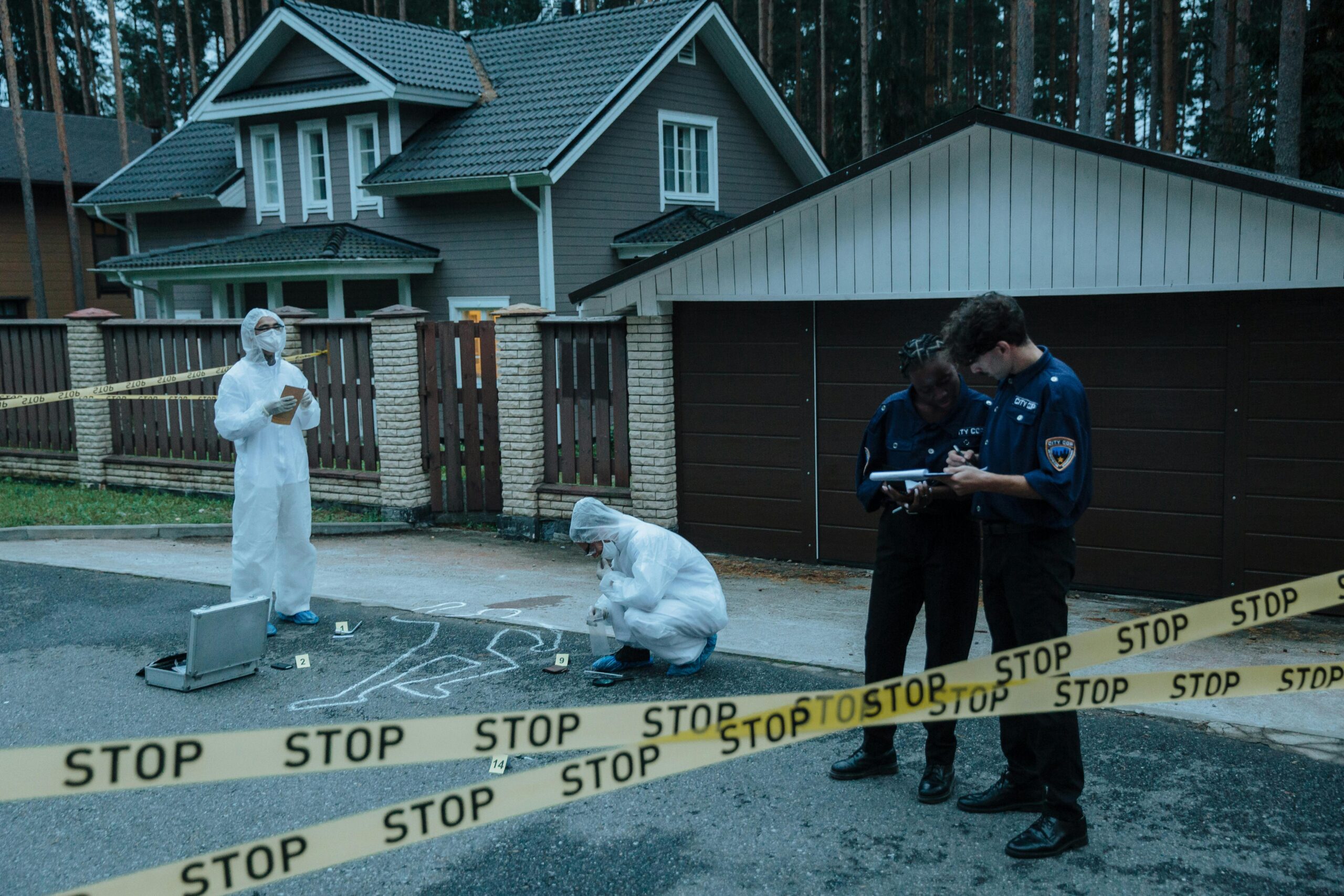Now Reading: A Family’s Rights After a Wrongful Death
-
01
A Family’s Rights After a Wrongful Death

A Family’s Rights After a Wrongful Death
Losing a loved one is one of the most devastating experiences any family can face, and when that loss is caused by negligence or wrongdoing, the pain is even harder to bear. Wrongful death laws exist to provide grieving families with justice, accountability, and financial support during such a difficult time. This guide explains who can file a claim, what types of compensation are available, and why legal representation is essential to protect your family’s rights.
Losing a loved one is one of the most devastating experiences any family can face. When that loss is caused by someone else’s negligence or wrongdoing, the pain is even harder to bear. In legal terms, this is called wrongful death. Families who lose someone in this way often feel overwhelmed, not only by grief but also by questions about justice, accountability, and financial stability. Understanding a family’s rights after a wrongful death can help them make informed decisions during such a difficult time.
What Is Wrongful Death?
Wrongful death occurs when a person dies due to the negligence, recklessness, or intentional actions of another individual, company, or entity. Common examples include:
- Car accidents caused by drunk or distracted drivers
- Medical malpractice, such as surgical errors or misdiagnosis
- Workplace accidents, especially in dangerous industries like construction
- Defective products that cause fatal injuries
- Criminal acts, including assault or homicide
Each state has specific laws governing wrongful death claims, but the purpose remains the same: to provide surviving family members with justice and compensation for their loss.
Who Can File a Wrongful Death Claim?
Not every relative has the legal right to file a wrongful death lawsuit. In most states, the following parties are eligible:
- The surviving spouse
- Children of the deceased
- Parents (if the deceased was unmarried or without children)
- A personal representative of the estate
In some cases, siblings, grandparents, or other dependents may also be eligible, depending on state law. Consulting with a wrongful death attorney ensures that the correct party files the claim within the time limits set by law. If there is a will, typically, the will names the personal representative/executor and that person is the one who brings a lawsuit.
Types of Compensation Available
A wrongful death claim is designed to ease the financial and emotional burden placed on a family after their loved one’s passing. Compensation may include:
- Economic Damages – These cover the measurable financial losses, such as:
- Funeral and burial expenses
- Medical bills related to the fatal injury
- Lost income and benefits the deceased would have earned
- Loss of household services, such as childcare or caregiving
- Non-Economic Damages – These compensate for emotional and intangible losses, such as:
- Pain and suffering endured by surviving family members
- Loss of companionship, guidance, and emotional support
- Mental anguish and emotional distress
- Punitive Damages – In cases involving gross negligence, recklessness, or intentional harm, courts may award punitive damages. These are not tied to the family’s financial loss but are intended to punish the wrongdoer and deter similar behavior.
Time Limits for Filing a Wrongful Death Claim
Every state enforces a statute of limitations, which is the legal deadline for filing a wrongful death lawsuit. This time frame is often two to three years from the date of death, but it can vary. Missing this deadline can mean losing the right to pursue compensation. Families should contact an attorney as soon as possible to protect their rights.
Why Legal Representation Matters
Wrongful death cases are complex. They often involve insurance companies, corporate defendants, or hospitals that have strong legal teams working to minimize payouts. A skilled wrongful death lawyer should:
- Investigate the cause of death and gather evidence
- Identify all responsible parties
- Negotiate with insurance companies
- Represent the family in court if a fair settlement cannot be reached
By having an experienced advocate, families can focus on healing while knowing their case is being handled with care and professionalism.
The Emotional Side of Wrongful Death
While the legal process focuses on compensation, it’s important to acknowledge the emotional side of these claims. Families often feel a deep need for justice—not just financial support. A wrongful death lawsuit can provide closure by holding the responsible party accountable. It also helps ensure that similar tragedies are less likely to happen to other families in the future.
Protecting Your Family’s Rights
If you believe your loved one’s death was caused by negligence or misconduct, you have the right to seek justice. Steps to protect your family’s rights include:
- Seek legal advice quickly to avoid missing filing deadlines.
- Collect evidence such as medical records, accident reports, and witness statements.
- Keep records of expenses related to the death, including funeral costs and lost income.
- Focus on healing while allowing your attorney to handle the legal challenges.
Final Thoughts
No amount of money can replace a loved one, but wrongful death laws exist to protect families from financial hardship and to demand accountability from those at fault. A family’s rights after a wrongful death include seeking compensation for both financial and emotional losses, and pursuing justice for their loved one.
If your family has experienced this type of tragedy, you do not have to face it alone. An experienced wrongful death attorney can guide you through the legal system, help you understand your rights, and fight for the justice your family deserves.










